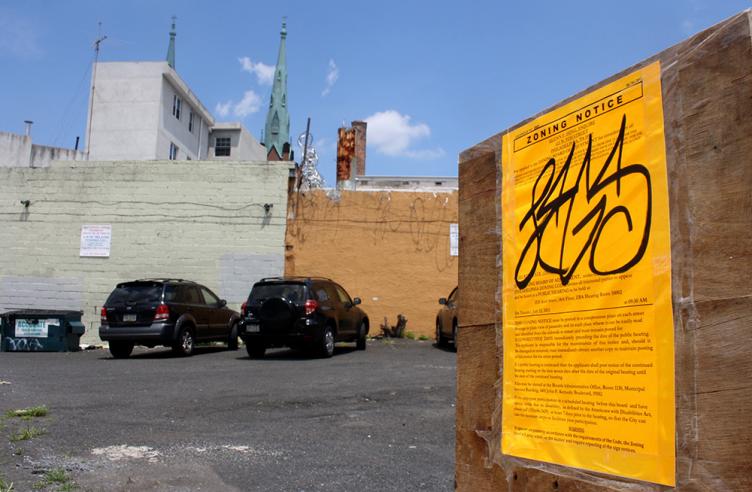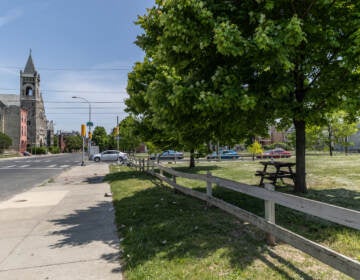Council adopts new zoning regulations for Registered Community Organizations

By a vote of 14-3, City Council passed a bill Thursday that would adjust the zoning regulations for Registered Community Organizations, which has proven to be the most contentious aspect yet of the city’s two-year-old zoning code.
The bill was introduced early in the fall by Councilman Bobby Henon, and was based on a series of recommendations from the Planning Commission after a summerlong community input process.
The bill restores some of the regulations that were contained in the code at the time of its initial passage and that had been amended last winter through a bill sponsored by Councilwoman Jannie Blackwell.
In short, the bill requires RCOs to re-register every two years (it was yearly in the original code, every three years under Blackwell’s bill), puts the burden of notification for projects needing zoning approval on developers, and requires that RCOs have regularly scheduled meetings open to the public, among other criteria.
Councilwoman Blackwell opposes the changes, and, along with At-Large Councilmembers Wilson Goode and Blondell Reynolds-Brown, voted against the bill.
Blackwell and a half dozen witnesses at Thursday’s Council meeting framed the issue as one of development interests versus community interests, with Henon’s bill squarely on the side of developers. Blackwell has said that the bill would stifle community input, and the witnesses at Council, most of whom said they were from Mantua or Point Breeze, seemed to share that fear.
It’s worth noting again that the existence of Registered Community Organizations does nothing to edge out the input of unregistered community organizations. Developers are still required to post orange zoning notifications on buildings, and any member of the public is still able to testify before the Zoning Board of Adjustment, the Civic Design Review Committee, and City Council.
The only thing an RCO will get that a non-RCO will not get is individual notification of projects and the right to meet with the developer. And since RCO meetings must be open, non-RCO members may still voice their opinions at those meetings.
Which is not to belittle community members’ concerns about developers trying to steamroll local residents. There are, no doubt, some developers who would love to do that. But it’s hard to see how the bill adopted by Council on Thursday would help them.
In anticipation of the bill’s passage, the Planning Commission did release—prematurely, as one witness, Madeline Shikomba, pointed out—a fact sheet detailing the requirements for becoming a Registered Community Organization. All would-be RCOs must re-register between February 1 and March 1, 2014.
WHYY is your source for fact-based, in-depth journalism and information. As a nonprofit organization, we rely on financial support from readers like you. Please give today.





